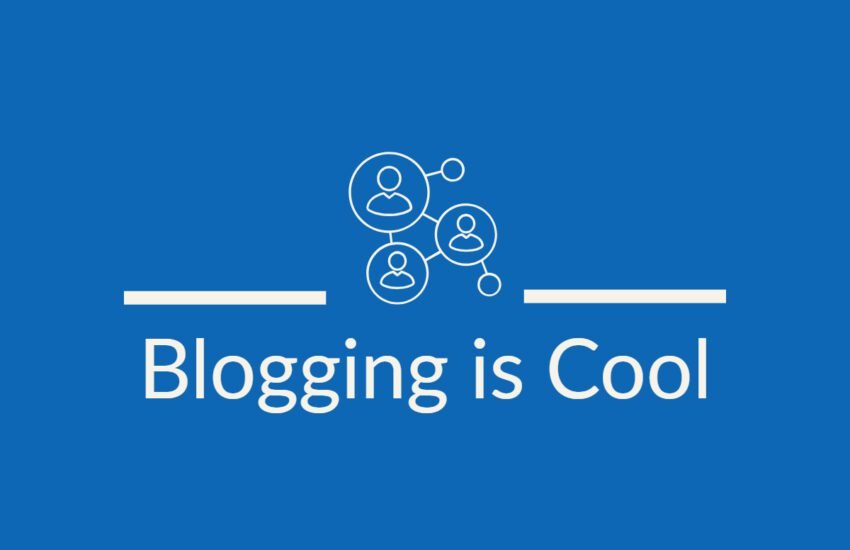What are expired domains and why are they valuable
- What are Expired Domains?
- Process of Domain Name Expiry
- The Value of Expired Domains
- Be Careful of Expired Domains
- Conclusion
- Frequently Asked Questions
- 1. What are expired domains?
- 2. How do domains expire?
- 3. Why would someone want to acquire an expired domain?
- 4. How can I find expired domains?
- 5. Are all expired domains valuable?
- 6. What should I consider before acquiring an expired domain?
- 7. How can I assess the value of an expired domain?
- 8. Can expired domains have negative consequences?
- 9. What strategies can I use after acquiring an expired domain?
- 10. Are there any legal considerations when acquiring expired domains?
What are Expired Domains?
Expired domains are web addresses that have not been renewed by their owners, causing them to become available for registration by others.
When a domain name expires, it means that the previous owner no longer wants to maintain ownership or renew the registration.
This can happen for various reasons, including the owner forgetting to renew, business closure, or strategic decisions to let go of certain domains.
Process of Domain Name Expiry
Once a domain expires, it goes through a series of stages before becoming available for registration again.
The first stage is the expiration period, during which the owner still has the opportunity to renew the domain without losing ownership rights.
After this period, the domain typically enters a grace period, during which it may still be renewed, but additional fees might be incurred.
If the domain is not renewed during this grace period, it enters the redemption period, during which the owner can still reclaim the domain, but at a higher cost.
Finally, if the domain is not redeemed, it becomes available for registration by the general public through domain registrars.
The Value of Expired Domains
Expired domains can hold value for several reasons:
1. Backlink Profile
Some expired domains may have a history of inbound links from other websites. These backlinks can be valuable for search engine optimization (SEO) purposes, as they contribute to the domain’s authority and visibility in search engine results.
2. Traffic
Certain expired domains may still receive traffic from users who have bookmarked the website or from existing links on the internet. This existing traffic can be monetized through advertising or redirected to a new website.
3. Brand Recognition
Expired domains with recognizable or brandable names may be sought after by businesses or individuals looking to establish a strong online presence quickly.
4. SEO Benefits
Domains that have been previously indexed by search engines may retain some of their SEO value, making them potentially attractive for businesses seeking to improve their search engine rankings.
5. Niche Relevance
Expired domains related to specific industries or niches may be valuable to businesses operating within those sectors, as they can provide instant credibility and relevance to their target audience.
Be Careful of Expired Domains
Acquiring expired domains requires careful consideration and due diligence.
It’s essential to research the domain’s history, including its past usage, backlink profile, and any potential penalties from search engines. Additionally, businesses should assess whether the domain aligns with their branding and marketing strategies before investing in its acquisition and development.
Expired domains can be tempting for various reasons, such as their potentially attractive backlink profiles or existing traffic. However, they come with significant risks and challenges that individuals should consider carefully.
Here are five reasons why one should be wary of expired domains:
1. Potential Penalization by Search Engines
When a domain expires, it’s possible that it was abandoned due to penalization by search engines like Google.
If the previous owner engaged in spammy practices or violated search engine guidelines, the domain might carry penalties that can affect its search engine rankings.
Acquiring such a domain could lead to inheriting these penalties, resulting in poor visibility or even deindexing from search engine results pages (SERPs).
2. Irrelevance of Existing Backlinks
While an expired domain might have a robust backlink profile, those backlinks could be irrelevant or low-quality.
Even if the domain had high authority backlinks, they may not align with the new content or direction you plan for the domain.
Google’s algorithms are becoming increasingly sophisticated at discerning relevant, high-quality backlinks from irrelevant or spammy ones. Utilizing an expired domain with irrelevant backlinks can harm your SEO efforts rather than benefitting them.
3. Brand Reputation Risks
Acquiring an expired domain means inheriting its entire history, including its past content, associations, and online reputation.
If the domain was previously associated with spam, adult content, or any other undesirable material, it could tarnish the reputation of any new business or website launched on that domain. Rebuilding trust and reputation can be an uphill battle, potentially requiring significant time and resources.
4. Legal Liabilities
There’s a possibility that the expired domain you’re considering has trademark issues or legal liabilities associated with its previous ownership.
If the domain name infringes on someone else’s trademark or intellectual property rights, acquiring and using it could result in legal action against you. Conducting thorough due diligence, including trademark searches and legal checks, is essential to mitigate these risks.
5. Technical Challenges and Cleanup
Expired domains may come with technical challenges, such as broken links, outdated plugins, or security vulnerabilities.
Additionally, the domain might have accumulated a history of malware or phishing attacks, which can be challenging to detect and mitigate. Cleaning up these technical issues and securing the domain can be time-consuming and resource-intensive, potentially outweighing any benefits gained from acquiring the domain.
Conclusion
Expired domains are web addresses that have lapsed in registration and become available for re-registration by others.
They can hold value due to factors such as backlink profiles, existing traffic, brand recognition, SEO benefits, and niche relevance. However, acquiring expired domains requires thorough research and consideration to ensure they align with business objectives and do not carry any negative baggage from their previous usage.
While expired domains may seem like a shortcut to building an online presence, the risks associated with them often outweigh the potential benefits.
Conducting thorough due diligence, including SEO analysis, legal checks, and technical assessments, is crucial before acquiring an expired domain to ensure that it aligns with your goals and doesn’t pose significant risks to your online endeavors.
Frequently Asked Questions
1. What are expired domains?
Expired domains are web addresses that have not been renewed by their owners, leading them to become available for registration by others. This can occur due to various reasons, including neglect, business closure, or deliberate decisions to let go of certain domains.
2. How do domains expire?
Domains expire when their registration period ends, typically after a year. If the owner fails to renew the registration before the expiration date, the domain goes through a series of stages (expiration period, grace period, redemption period) before becoming available for registration by the general public.
3. Why would someone want to acquire an expired domain?
Acquiring expired domains can be beneficial for various reasons, including leveraging existing backlink profiles for SEO, tapping into existing traffic, gaining brand recognition, benefiting from SEO value, and aligning with niche relevance for specific industries.
4. How can I find expired domains?
There are several ways to find expired domains, including using domain auction websites, domain marketplaces, or specialized tools and services that track expiring domains. These platforms provide lists of expired domains along with relevant metrics such as domain authority, backlink profile, and traffic data.
5. Are all expired domains valuable?
No, not all expired domains are valuable. The value of an expired domain depends on factors such as its backlink profile, traffic, brand recognition, SEO benefits, and niche relevance. It’s essential to conduct thorough research and due diligence before acquiring an expired domain to ensure it aligns with your objectives.
6. What should I consider before acquiring an expired domain?
– Before acquiring an expired domain, consider factors such as its history, backlink profile, potential penalties from search engines, relevance to your brand or industry, and alignment with your marketing and SEO strategies. Conducting comprehensive research will help mitigate risks and maximize the value of the domain.
7. How can I assess the value of an expired domain?
– You can assess the value of an expired domain by evaluating metrics such as domain authority, backlink profile quality, traffic data, domain age, relevance to your niche, and potential for brand recognition. Additionally, consider factors such as the domain’s history and any existing penalties from search engines.
8. Can expired domains have negative consequences?
Yes, expired domains can have negative consequences if they carry penalties from search engines due to past spammy or unethical practices. Acquiring such domains can result in challenges with SEO and online reputation. It’s crucial to conduct thorough research and avoid domains with questionable histories.
9. What strategies can I use after acquiring an expired domain?
After acquiring an expired domain, you can implement various strategies, including developing a new website or redirecting the domain’s traffic to an existing website, leveraging existing backlinks for SEO, creating valuable content to attract visitors, and strengthening the domain’s online presence through marketing initiatives.
10. Are there any legal considerations when acquiring expired domains?
While acquiring expired domains is generally legal, it’s essential to avoid infringing on trademarks or copyrights associated with the domain’s name or content. Additionally, ensure that the previous owner has not retained any rights to the domain or its content. Consulting with legal professionals can help address any potential legal issues.


